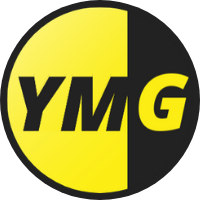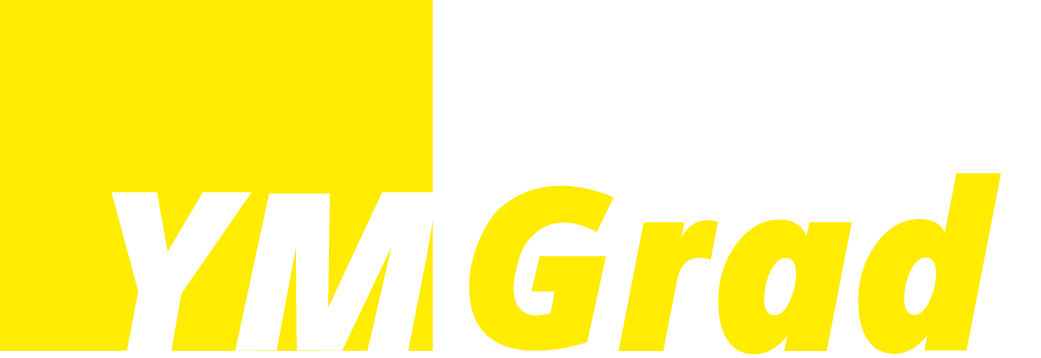Intakes in France: September and January Admissions


France is an amazing choice for students! With its top-notch universities and incredible student life, you're in for a treat. Imagine soaking up a vibrant cultural scene and getting awesome support as an international student—think language classes and programs to help you settle in. Interested in studying in France? Let's dive into the intakes so you can glide through the admission process smoothly.
Understanding Intakes in France
France has two main times when students can start their studies: the January intake, also known as the Spring intake, and the September intake, also called the Fall intake. Both of these intake periods are really popular among students. For the Fall intake, you usually need to apply by July or August, while applications for the Spring intake usually close around November.
Intake | Duration | Deadlines | Nature |
| September | March to August | July to August | Primary Intake |
| January | August to November | November | Secondary Intake |
September Intake in France
The September intake, known as the fall intake, happens in France. It's a popular choice among international students, but it can be quite competitive. To secure your place, it's important to plan ahead and prepare thoroughly.
This intake provides a wide range of program options, and students are often eligible for financial scholarships to support their educational expenses.
Application Timeline for Fall Intake
Here is a summarized chart of all the information you need for the September intake:
Month | Information |
| March-April | Research the French universities, courses, and application deadlines and start arranging the required documents. |
| May | Work on your SOPs and collect LORs from your seniors. |
| June | Hear from universities and attend university interviews. |
| June-July | Apply for scholarships or student loans if necessary. |
| August | Grab your documents, visa, and funds, and be ready to fly. |
Benefits of Fall Intake
- September is when top French universities open their doors for applications, offering various program choices.
- This intake period often sees generous financial support and scholarships available for students.
- Planning and preparing for entrance exams during the September intake is straightforward, with results usually timed perfectly for admissions.
- Universities admit more students during the Fall intake, increasing your chances of getting accepted into your preferred program.
Famous French Universities for Fall Intake
- PSL research university
- HEC Paris
- Ecole Polytechnique
- Sorbonne University
- CentraleSupélec University
- NEOMA Business School
- KEDGE Business School
- ENS Lyon
- Skema Business School
January Intake in France
In France, the January intake is also known as the Spring intake. Many institutions offer a similar number of courses in January as they do in September. However, it's important to verify the availability of your preferred course on the university's official website.
Application Timeline for Spring Intake
Here is a summarized chart of all the information you need for the January intake:
Month | Information |
| July-August | Research the French universities, courses, and application deadlines and start arranging the required documents. |
| September | Work on your essays, resume, transcripts, and other documents. |
| October | Hear from universities and attend university interviews. Once accepted, reply to the universities without a delay. |
| August-October | Apply for scholarships or student loans if necessary. |
| December | Gather your documents, visa, and funds, and be ready to fly! |
Benefits of Spring Intake
- Fewer students apply for the January intake compared to September, making it an excellent opportunity with less competition.
- It offers flexibility, especially for students who need more time to plan their studies or missed the deadline for the September intake.
- Classes are smaller during the January semester, providing a better teacher-to-student ratio. This means more personalized attention in the classroom and increased opportunities for learning.
Famous French Universities for Spring Intake
- CentraleSupélec, Paris
- Grenoble School of Management, Grenoble
- INSEAD Business School, Fontainebleau
- Paris Dauphine University, Paris
- Paris Diderot University, Paris
- IÉSEG School of Management
- University of Burgundy
- Paris-Sorbonne University, Paris
How to Choose the Suitable French Intake
- Examine the Academic Calendar: Check the academic calendars of your preferred institutions to understand their intake periods and how they fit with your schedule.
- Flexibility: Keep your options open when selecting your intake, considering backup plans in case of unexpected changes or limited program availability.
- Program Suitability: Choose schools that offer programs aligned with your interests. Look into their specializations, course details, and the qualifications of their faculty.
- Financial Planning: Estimate your college expenses, including tuition and living costs. Explore scholarship opportunities that are available for the intake period you choose.
Availability of Programs in French Intakes
When planning to study in France, it's crucial to consider the range of programs offered across different intake periods.
- September Intake: This is the main intake period, offering a wide array of undergraduate and postgraduate programs in various fields. Popular disciplines during this intake include business, engineering, social sciences, arts, and health sciences. Universities like the Paris School of Business and EPITA provide extensive program options during this period.
- January Intake: Although smaller than the September intake, the January intake still presents significant opportunities for prospective students. This period is particularly favorable for management, information technology, and specialized postgraduate programs. Institutions like the American Business School of Paris and SKEMA Business School offer diverse courses during this intake.
Intake | % of programs available | Nature |
September | 100% | Biggest Intake |
January | 30% | Limited Intake |
Conclusion
We hope this blog post has provided you with a one-stop solution for all your doubts regarding intakes in France and their opportunities. Do you want to study in France but are stuck on how to start the application process? Let us take care of your complete application. We make sure that every part of your application is consistent, coherent, and perfectly crafted, as the committee would expect in the case of their ideal candidate.
Even if your profile is impressive, a different perspective can make you look better than most applicants. We believe this perspective exists for every applicant, including you. Let's find that perspective for your case and craft an exceptional application specific to your profile.
Frequently Asked Questions!

Be honest about any gaps in your education and provide explanations in your application. Highlight any productive activities during this period, such as work experience, volunteering, or additional courses. Many universities in France appreciate the diverse experiences and maturity that non-traditional students bring.

Both the September (Fall) and January (Spring) intakes are important in France. The September intake is the main one, offering a broader range of programs and aligning well with many international academic calendars. This makes it easier for students to start their studies without a gap year. The January intake is smaller but still offers nearly as many courses.

Typically, full-time students in France are expected to spend around 35-40 hours per week on academic activities, including attending lectures, tutorials, and independent study.

Some programs, especially at the undergraduate level, are more commonly available in the September intake. However, many postgraduate programs and certain specialized courses may also offer January intake options. It’s essential to check with specific universities for detailed availability.

Paris is the most popular choice due to its prestigious universities and vibrant cultural scene. Other cities like Lyon, Toulouse, Bordeaux, and Grenoble also offer excellent educational institutions and a high quality of life.

Accommodation costs in France can vary significantly by city and type of housing. In general, expect to pay more in Paris compared to other cities. Prices can range from €400 to €800 per month for student residences and can be higher for private rentals. Costs do not typically vary by intake season.

Both September and January intakes are suitable for obtaining a student visa. Ensure you apply for your visa well in advance, considering the processing times, which can vary.

Yes, many French universities accept transfer students from other countries. It's important to check the specific transfer policies and credit recognition criteria of the universities you are interested in.

International students in France are required to have health insurance. EU/EEA students can use their European Health Insurance Card (EHIC). Non-EU/EEA students must enroll in the French Social Security system, which is generally free, or have private health insurance.

Choosing between a regional and a metropolitan university depends on your preferences for lifestyle, budget, and the specific programs offered. Metropolitan universities in cities like Paris and Lyon offer more networking opportunities and cultural activities, while regional universities might provide a more immersive and cost-effective experience.




